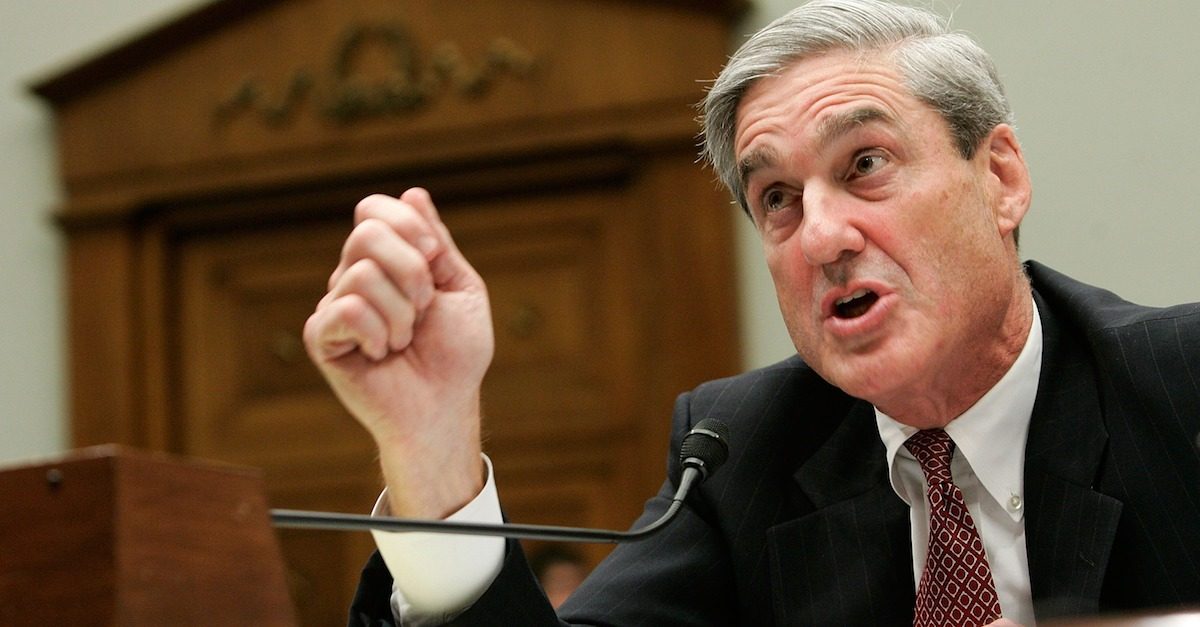
One under-the-radar takeaway from special counsel Robert Mueller‘s Friday filing indicting 12 Russian military intelligence operatives for hacking the Democratic National Committee (DNC) are that the facts, as they appeared, dealt a big blow to conspiracies surrounding former DNC staffer Seth Rich‘s murder.
National security lawyer Mark S. Zaid explained that conspiracies saying that Rich’s death was an “inside job” in retaliation for the release of DNC internal emails to WikiLeaks are undermined by details about how Russian operatives allegedly gained access and stole information.
“There has been no substantive, credible evidence that Seth Rich or his murder has any connection to the Russian investigation or DNC hacking, but conspiracy theorists seized on the fact that the DNC hacking might have been an inside job, so they turned on Seth Rich,” Zaid told Law&Crime. “Yet this indictment now makes it clear that the spearphishing that the Russians utilized in order to obtain DNC and other e-mails would appear as an inside job because the Russians directly had access to employee accounts. Therefore, the conspiracy theorists have now reasonably lost this theory as any type of credible possible scenario.”
In other words, it may have appeared early on that the release of these internal emails (and more) had to have been an “inside job” given that the people who would normally have access to these communications were associated with the DNC. Mueller’s description of events, however, show exactly why this appeared to be an inside job and why the Rich conspiracies make no sense.
Deputy Attorney General Rod Rosenstein announced that 12 Russian military intelligence officers at Moscow’s Main Intelligence Directorate (GRU) used spearphishing techniques while “acting in their official capacities” to obtain log-in information of their targets at the DNC and the Democratic Congressional Campaign Committee (DCCC) with the intent of interfering in the election.
The Department of Justice said the defendants used cryptocurrency Bitcoin as part of a “conspiracy to launder money in which the defendants laundered the equivalent of more than $95,000 by transferring the money that they used to purchase servers and to fund other costs related to their hacking activities.” That was count 10 of 11 handed down by the special counsel.
Other counts included “criminal conspiracy to commit an offense against the United States through cyber operations by the GRU” to interfere in the election, aggravated identify theft and conspiracy to commit an offense against the U.S. by hacking into “computers of state boards of elections, secretaries of state, and US companies that supplied software and other technology related to the administration of elections.”
Seth Rich’s brother Aaron Rich filed a defamation lawsuit in March, responding to various conspiracies that surfaced after the unsolved murder of his brother. he took aim at Texas businessman Ed Butowsky, founder and host of an America First Media Group podcast Matt Couch, Couch’s company America First Media Group and the right-leaning newspaper the Washington Times, court documents showed.
The complaint accused all those named of acting “with reckless disregard for the truth,” particularly in their allegations that Aaron Rich was involved in the “WikiLeaks leak and the cover-up of his own brother’s murder.”
The defamation lawsuit appeared to ramp up significantly in June when Aaron Rich’s legal team sought to subpoena documents, communications and messages sent and received by several right-leaning Twitter accounts over for the timespan of Jan. 1, 2015 to the present day.
Evidently, Newt Gingrich was unapologetic on Friday about his conspiracy statements.
[Image via Alex Wong/Getty Images]